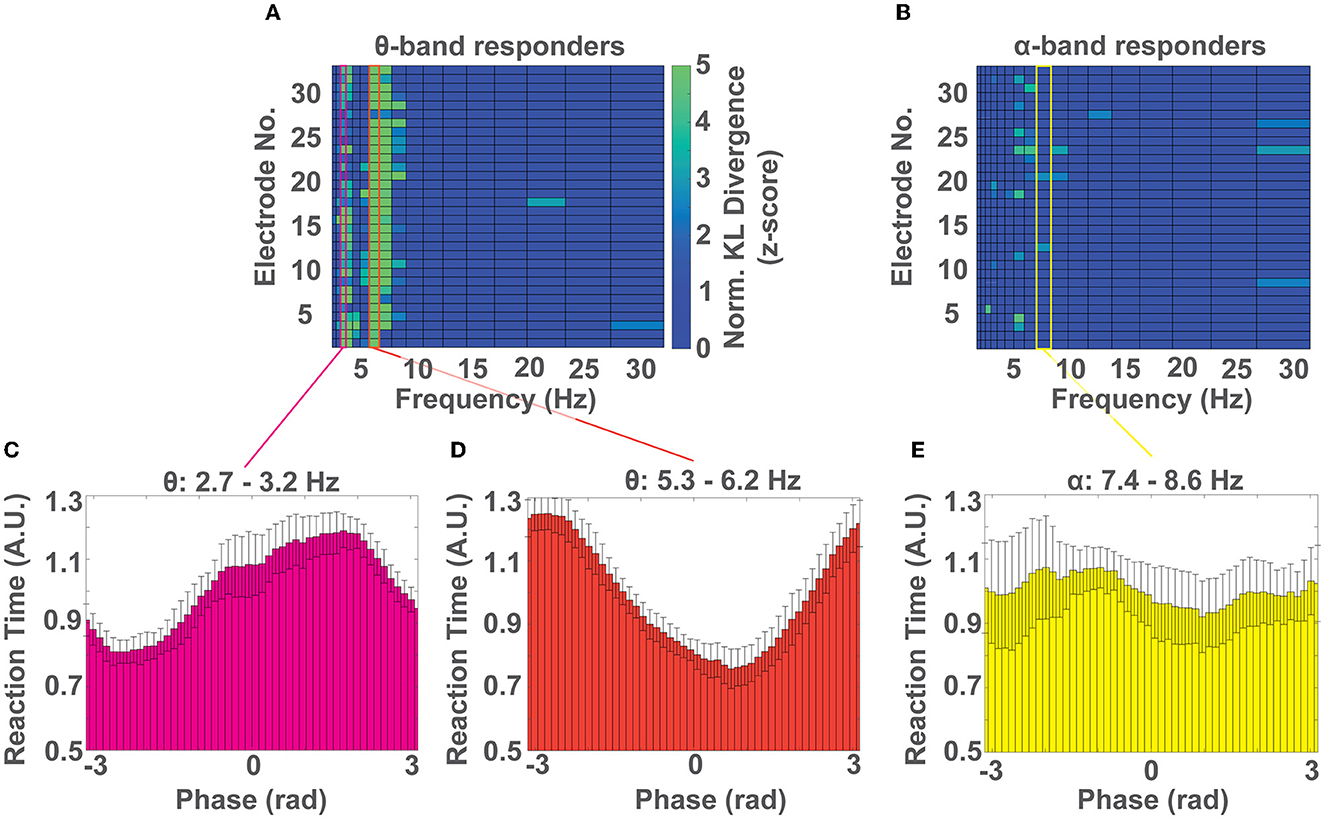Many individuals do not realise that, while cyberstalking and on the web spying can be pulled off by anyone you do not know, they are most often perpetrated by someone with whom you are familiar. Most of the time, cyberstalking or web-based harassment is pulled off by a previous or present intimate partner and the cyberstalking or internet-based harassment may begin or become worse when you end the relationship.
A stalker may contact you by e-mail, social media sites, a messaging app, or through other online spaces/websites. The individual might likewise post messages about you, share your individual info or pictures of you internet-based to pester or frighten you.
Even if your country does not have a criminal law specifically against „cyberstalking, in many nations, the act of repeatedly harassing an individual or getting in touch with through the Internet or other innovation is still considered a crime under the state’s stalking or harassment laws. It’s crucial to understand that even if you were initially all right with the person contacting you, if his/her behavior begins to frighten you, it might be considered stalking/cyberstalking. Internet harassment is abusive behavior that takes place web based (through email, messaging, social networks, dating sites, and other platforms). Abusers who carry out web based harassment often do it to make you feel hazardous, embarrassed, frightened, or mentally distressed. They may be trying to publicly humiliate, sexually bother, threaten, dox, bully, upset, or otherwise harass you. In a relationship where domestic violence or stalking is present, the violent individual might do these things to keep power and control over you. Depending on the abuser’s habits, there might be laws in your commonwealth to safeguard you. If you need more facts for this topic, visit the site by way of simply clicking the link Allfrequencyjammer.Com .
On-line harassment can differ from web-based stalking which is efered as cyberstalking. Over the internet harassment and web-based stalking will resemble each other and typically occur at the same time, however the laws covering each behavior might differ. Cyberstalking laws usually need evidence that the abuser’s harassing behaviors made you feel afraid that you or somebody else remained in immediate physical risk, and that the abuser understood his/her actions would make you feel that way. Cyberstalking laws also generally require evidence that the abuser took part in a course of conduct which is more than one event.
 Internet harassment laws might cover a broader degree of abusive behavior. Quite a few web-based harassment laws can cover just one incident and may not need proof that the abuser understood or must have understood his/her actions would trigger you fear. Nevertheless, some online harassment laws may require you to prove that the abuser meant to annoy or alarm you or ought to have understood his/her actions would annoy or alarm you, and/or if that the abuser had no genuine purpose for his/ or her actions. It is very important to learn how your nation defines harassment and read the language of the law for your commonwealth or similar criminal offenses found in other commonwealths.
Internet harassment laws might cover a broader degree of abusive behavior. Quite a few web-based harassment laws can cover just one incident and may not need proof that the abuser understood or must have understood his/her actions would trigger you fear. Nevertheless, some online harassment laws may require you to prove that the abuser meant to annoy or alarm you or ought to have understood his/her actions would annoy or alarm you, and/or if that the abuser had no genuine purpose for his/ or her actions. It is very important to learn how your nation defines harassment and read the language of the law for your commonwealth or similar criminal offenses found in other commonwealths.
Comments are closed